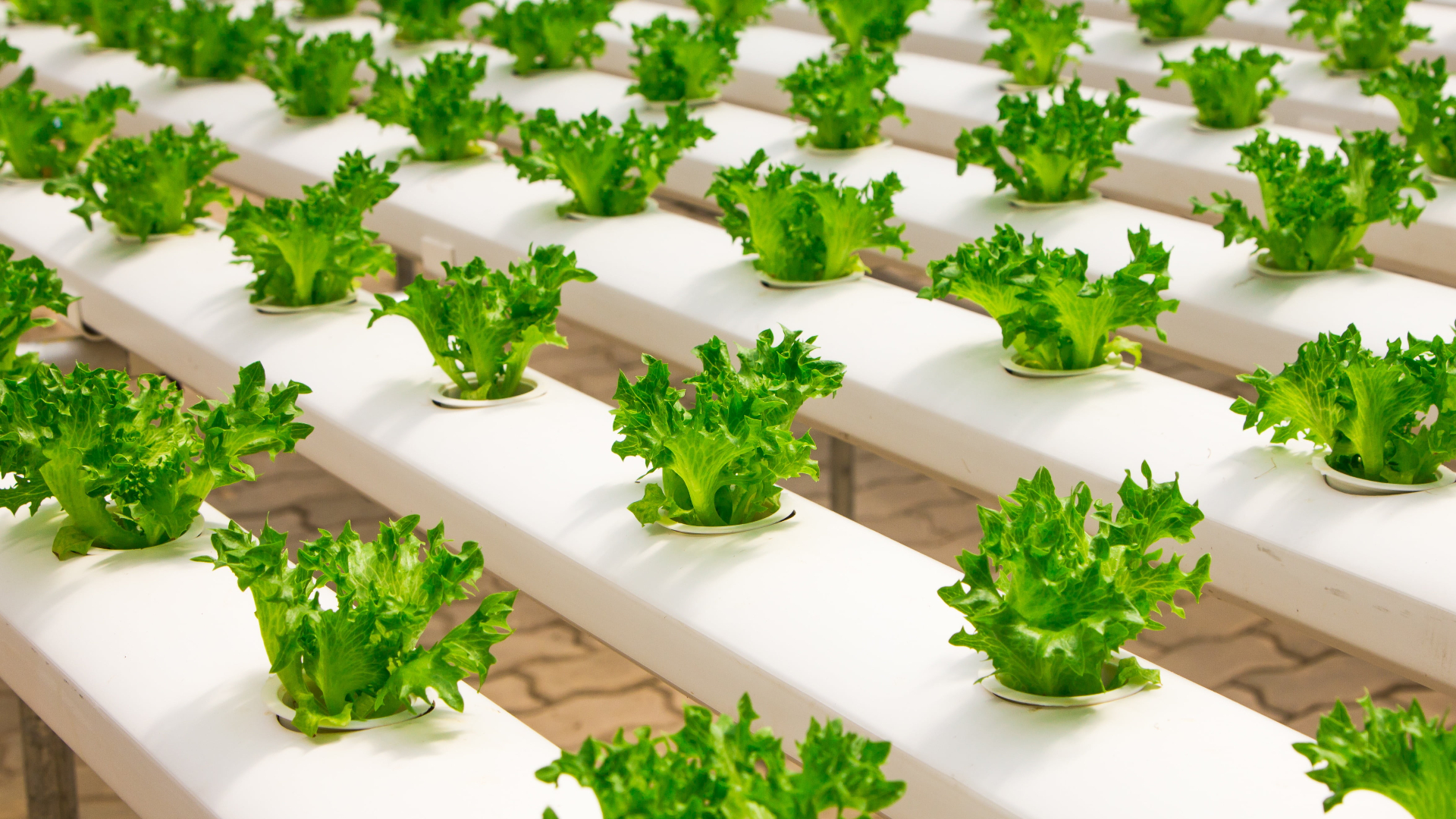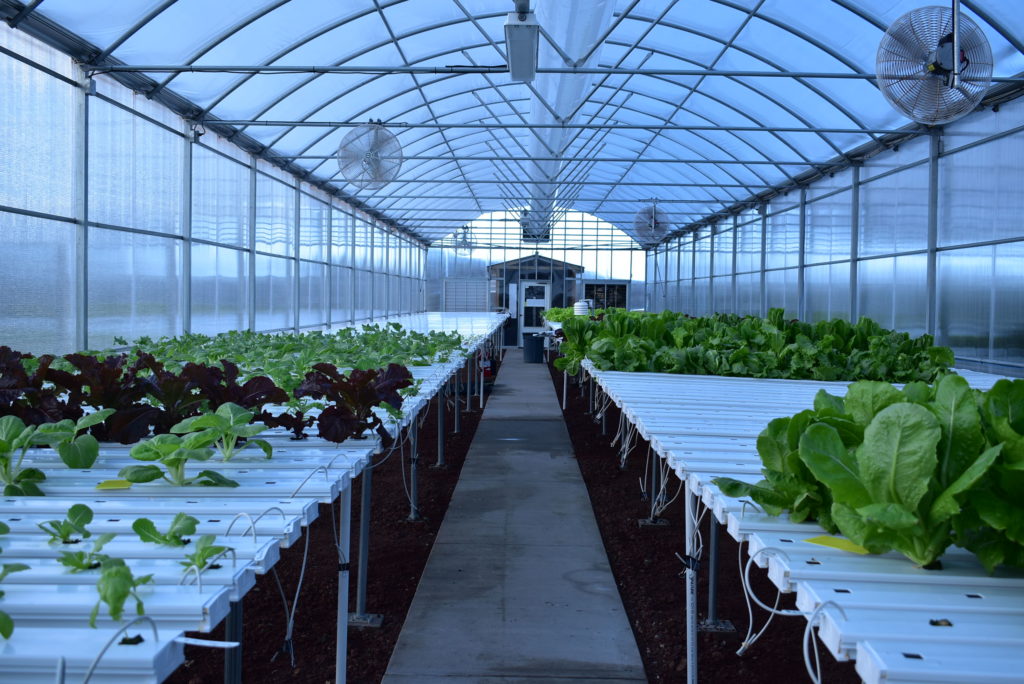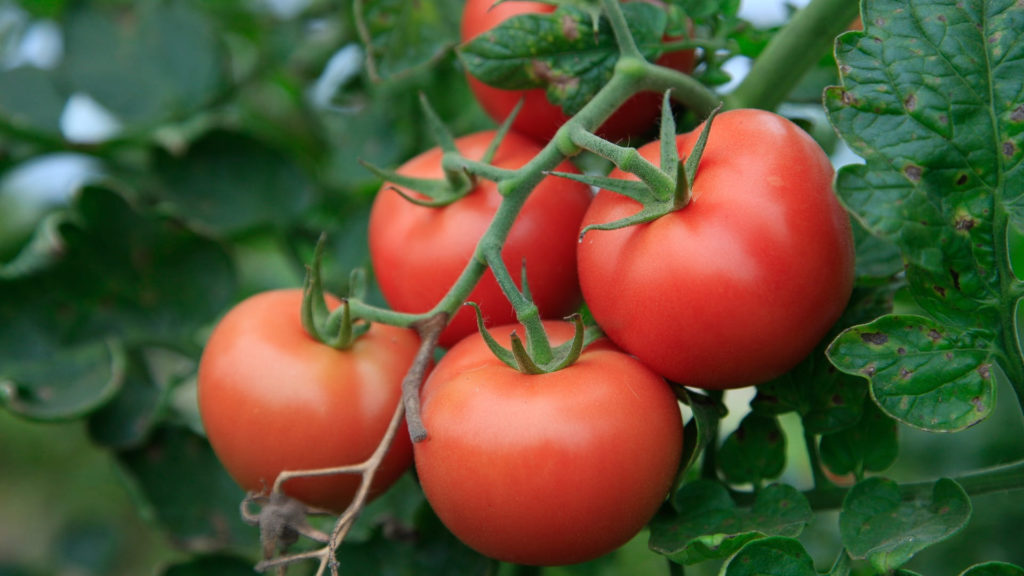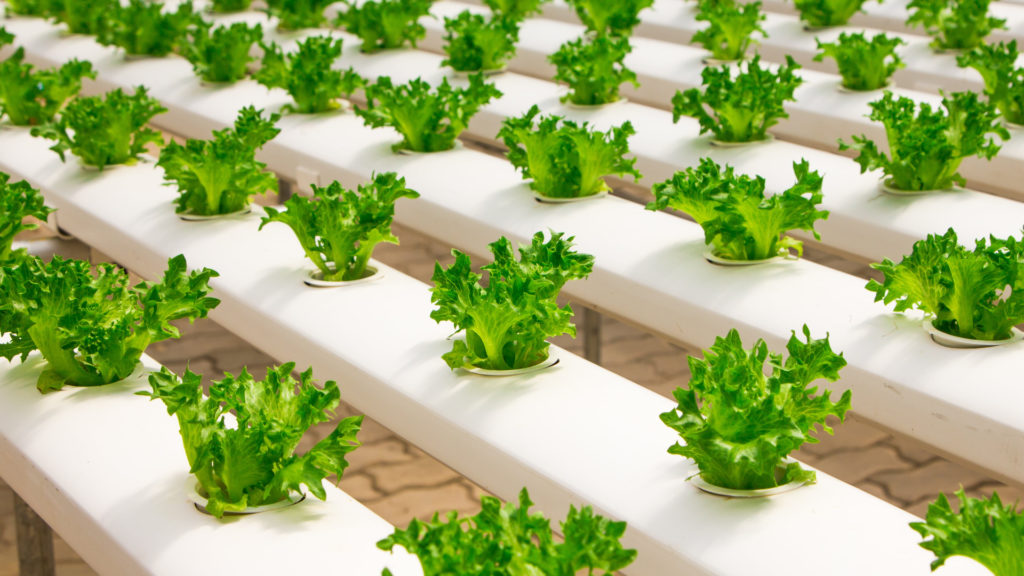
What Nutrients Do Hydroponic Plants Require?
February 27, 2021Hydroponic cultivation takes place in water. Combined with the right fertilizers, it gives fantastic results for plants. The main advantage is that plants grow and ripen much faster. This is because the water solution is delivered directly to the roots.
To achieve this, it is necessary to maintain water in organic hydroponic nutrients systems at a constant level. Plants are like us: they need a regular supply of minerals to grow well. That is to say, not too many and not too few minerals.
What minerals do hydroponic plants need to grow well? How do you know if the dosage is right? Can hydroponics be done without a nutrient solution? You are about to find out the answers to all these questions about hydroponic nutrients in this blog post.
Plant growth takes place thanks to photosynthesis, which occurs in the leaves. During this photosynthesis, glucose and oxygen are produced from carbon dioxide and water. One more very important factor is part of this equation: the sun’s radiation.
In simple terms, the reaction looks like this: 6CO₂ + 6H₂O →C₆H₁₂O₆ + 6O₂
Do you see any soil component here? Well, there are none. The only things that you can find are:
- Light from the sun
- Carbon dioxide from the air
- Water from precipitation and ground deposits
Other hydroponic powder nutrients are also required for healthy plant growth. Among these hydroponic solution options are:
- Nitrogen
- Phosphorus
- Potassium
- Micronutrients
If we got rid of these soil elements completely, our plant would grow just as well or even better. That’s how we came to a fundamental feature of hydroponics: water cultivation.

What is Hydroponics? Is it a good organic gardening solution?
Cultivation in hydroponics is a water based type of plant cultivation. It is a tillage without soil to help plants grow. It has been replaced by a mineral material that is chemically inert and does not affect the development of the plant. It only serves to fix the roots.
To promote proper growth, the plants take up the mineral salts dissolved in the water. The best hydroponic plant nutrient solution is supplied directly to the root area. As a result, no permanent substrate is needed.
In hydroponics you can grow virtually any type of plant. It provides everything you need for plant life so that your plants grow well.
How do hydroponic plants get nutrients?
Well, if not in the ground or a garden, then where? After all, something must stabilize the plant. The best nutrient solution for hydroponic control crops are so-called inert substrates.
This substrate is devoid of mineral components, but only passively allows the roots to overgrow and keeps the plant in place. Among those inert substances we can name:
- Mineral wool
- Coconut fibre
- Perlite
- Vermiculite
- Cotton wool
What is important is that such a substrate is not conducive to the development of soil pathogens.
The composition of this hydroponic nutrient solution can be very precisely adjusted to the requirements of a given species. What’s more, the nutrients are available there in a fine-molecular, water-soluble form. Therefore, they are easily accessible to the plants. This is done so that the roots take them up practically without any effort.
Basics of Water-based Cultivating
Ordinary tap water can be used in hydro crops, but it must be stored for at least 48 hour–this time is needed for the chlorine contained in it to oxidize. The latter negatively affects plant health and its ability to grow.
Tap water–even if it is left out–has a pH factor of about 7.5 – 8.0. It is far too high for growing in water, so in this case it is necessary to use a product that reduces the pH of our solution.

To avoid problems and complications, it is recommended to use distilled water to grow. It is completely free of any compounds and mineral salts. It has a pH of about 7.0. After you add fertilizers to hydroponics, it should be reduced to an appropriate level. If this does not happen, then you must lower the pH of your solution.
Also remember to keep the water temperature ambient so that your plants grow in the garden. The water should not be too cold or too hot. It is best to keep the temperature between 70-80°F.
Adjustment
The pH measures the degree of acidity of the substrate. When properly regulated, it allows optimal assimilation of nutrients by the roots. In hydroponic cultivation, the substrate used is more acidic than the soil. In addition, the nutrient solutions and fertilizers used also tend to increase acidity.
The basic factor for successful cultivation is to keep the pH value of the aqueous solution constant and consistent to ensure plants grow. The best solution pH for hydroponic cultivation varies between 5.5 and 6.5 and should not be exceeded. It is best to keep your pH level around 5.8 and you should check the pH level as often as possible. If you notice changes, then you should bring them back to normal as soon as possible.
If you plan to transfer more plants to hydroponics, we recommend buying a pH meter to ensure your plants grow properly. And if you just want to see if semi-hydro is for you, then there are solutions available on the market to measure the pH. You will also find solutions for lowering and increasing the pH, as well.
Water
The water solution should not have access to light. The container in which the water solution is contained should be made of a material that does not send light.
Direct contact between water and light may cause algae to grow and develop. Therefore, it is important to make sure that the right temperature is maintained. It is also essential to check that the water does not have access to light. This ensures that your solution is not threatened by algae growth.
The water solution in your tank should be replaced systematically–that is, on average, every week or two. It is necessary for your plants to always get fresh mineral components to grow properly. These are needed for proper development. You can measure the nutrient content with an instrument called an EC-meter. Utilizing hydroponic powder nutrients can help your plants to more efficiently take in nutrients.

What’s Electroconductivity for?
Electroconductivity (EC) measures the concentration of mineral salts dissolved in water. The EC must therefore increase when the plant’s nutrient requirements are higher.
An excessively high EC indicates an excess of nutrient salts in the roots. Drainage must then be improved and the nutrient solution should be regulated. This can be done–for example–by diluting the solution with osmosis water instead of tap water.
The EC of the solution should be about 1.2 to 1.6 to 2.0. This depends on the organic hydroponic fertilizer manufacturer and the need of the plant. The EC of the solution should always be 1.2 at the beginning of the cultivation and should grow over time.
SNS-604B™ Flowering Growth Supplement Concentrate–16 oz.
SNS 604B™ Vegetation Organic Growth Supplement is blended from pure plant extracts. SNS 604B™ is concentrated, 100% organic, completely water soluble and safe for everyday use. SNS 604B™ is used in addition to your regular fertilizer program.
The perfect nutrient for hydroponic plants
The nutrient solution is the “food” of the hydroponically grown plant, since it cannot be found in the soil. The nutrients contained in the tap water are enough. There is a mix of three macronutrients that form the core of any fertilizer or nutrient solution. These are essential for any hydroponic plant and hydroponic flowering.
1) Nitrogen
Nitrogen is involved in plant growth and metabolism. This makes the plant strong and healthy. The greenery in our homes are particularly sensitive to nitrogen deficiency. This can be due to overwatering or due to an excess of another nutrient. When the plant lacks nitrogen, its growth is delayed or stopped, and old leaves turn yellow and fall off.
2) Phosphorus
Phosphorus stimulates the roots and facilitates photosynthesis. Thanks to phosphorus, nutrients are well distributed throughout the plant. This allows it to flower and produce fruit. In the event of a deficiency, the plant remains small and stiff, with leaves that take on a dark tint on the tips. Cold and humidity are worsening factors. This mainly affects flowering plants.
3) Potassium
Potassium facilitates the control and efficient use of water by the plant to grow well. It also plays the role of regulator of several vital functions:
- Resistance to disease
- Resistance to cold and drought
- Photosynthesis
- Regulation of evapotranspiration
- Potassium deficiency is observed by a soft bearing, leaves with browning or even tense edges.
Fertilization
The soil contains mineral salts which dissolve and are taken up by the plant during watering. The substrate mix–whether liquid or in a powder form–is chemically inert and has no effect on plant development.

It is very important to use the fertilizers according to the instructions supplied with them. Unless otherwise recommended by the manufacturer, half the recommended dose should be applied to young, newly rooted plants. Only rooted plants can take up the fertilizer. This is because the concentration of the nutrient solution may be too strong for cuttings that are just beginning to form their root system.
Before you start applying any fertilizer, make sure that it can be used in hydroponics–even for organic products. Mixing with normal soil fertilizers is not suitable for hydroponics. You need the best hydroponic nutrients for tomatoes and for your hydroponic flowers, among other plants. They change the pH of the water solution too much, and it is very important to keep it constant. As growers say, this has a huge impact on the proper development of your plants. Choosing the right dry hydroponic nutrients is important, too. You may also consider choosing liquid nutrients for plants.
Get in touch with Sierra Natural Science
Sierra Natural Science offers cheap hydroponic nutrients that are high quality to suit all kinds of hydroponic fertilizer growing situations for all plant types including:
- Green plants
- Orchids
- Fruits and vegetables
- Tropical plants
For general information about our hydro nutrient product line, give us a call. You can also check out the our full range of hydro nutrients right here on our website as well as our hydroponic products. We can help you with hydroponic solutions that work for you.

